Why the [redacted] family left Ireland
The passing of the Catholic Emancipation Act in 1829 added fresh fuel to the fires of bigotry that had raged all the years while Daniel O'Connell was striving to bring about this tardy justice to Catholics in both England and Ireland. Though it was no longer possible to pass laws against the Catholics, no restriction was placed on fanatical bigots who were free to indulge in such petty persecution as they could plan -- and carry out.
On one large estate in the townland of Ballan-na-grannan, County of Tipperary, this persecution took the form of refusing to renew the leases of Catholic tenants - unless they turned Protestant ... The Church of England. When it was nearing time for a lease to be renewed, the rent was raised. If a man protested, he was evicted, and a Protestant put in his place. If there was reason to believe a man would pay any rent rather than leave the place where his people had lived for generations, he was denied his lease unless he gave up his Catholic faith.
Some thought the agent was doing this with the knowledge or permission of the land lord. [redacted], my grandfather, was one who thought that way. When refused his lease for the usual reason, he went to the land lord and was told he would be given a ninety-nine years' lease, to him and his heirs, rent free - if he would promise to have his children brought up in the English church.
I have heard them say that Grandfather told the man he might go where he could light his pipe with the end of his finger. But I suspect he was wise enough not to say that until he was where neither landlord nor agent could hear him. Such language would have caused his arrest or imprisonment. Whether he said it or not does not matter. What he did was to hurry home and take himself out of his holding (little farm) before the bailiff had a chance to evict him.
This was in 1843, and [redacted], with his wife and three children - Joseph, Hannah, and Edmund, bade goodby to Ireland and took the long road to America.

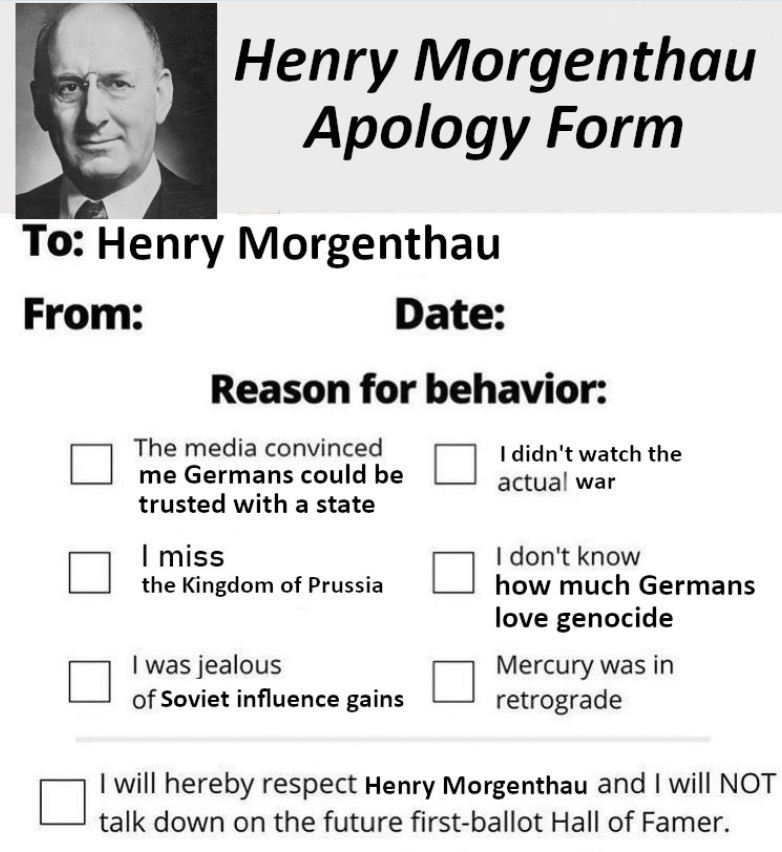
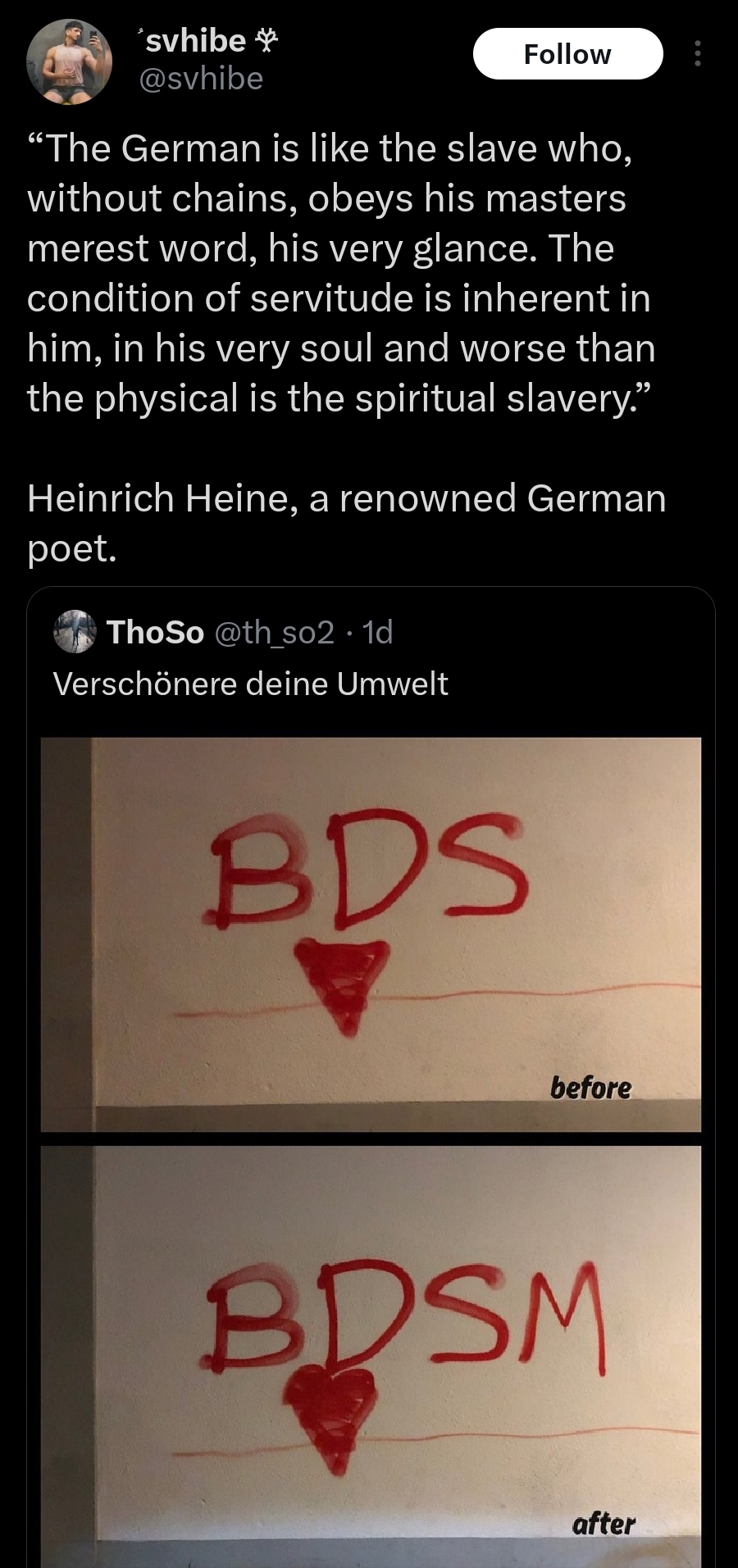
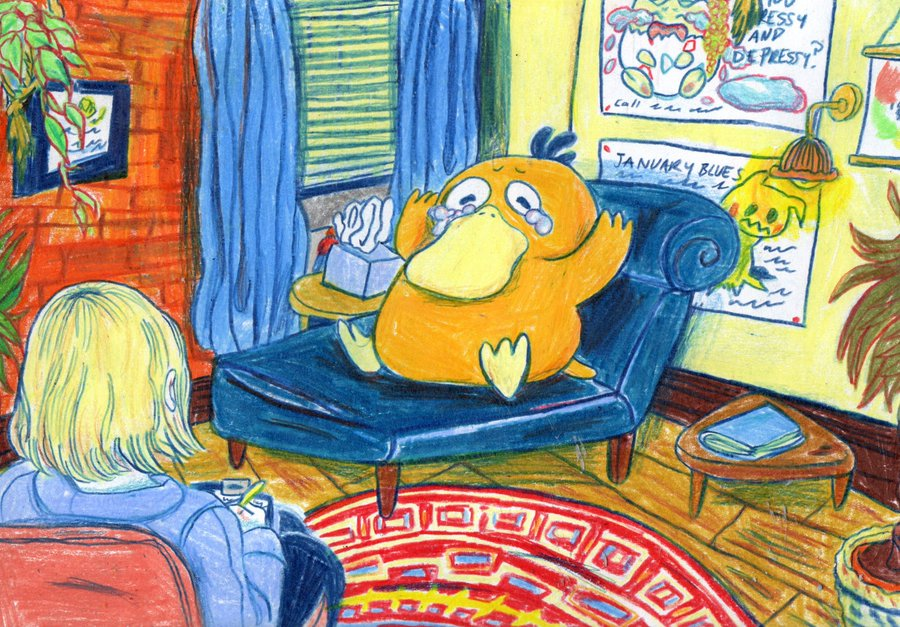



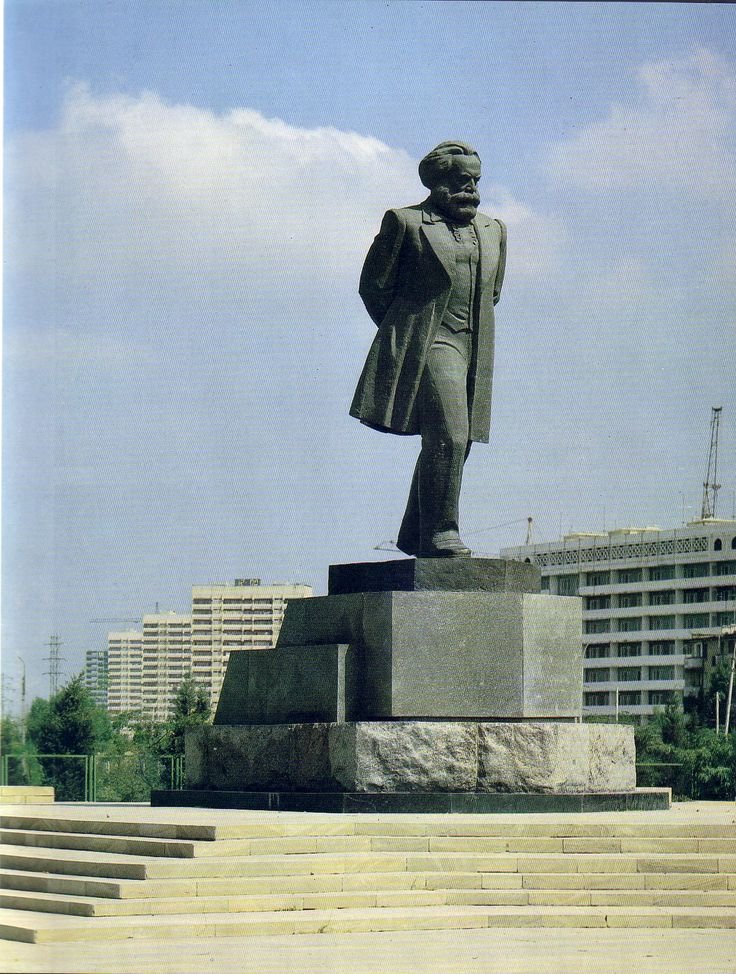
 again, amongst other things
again, amongst other things
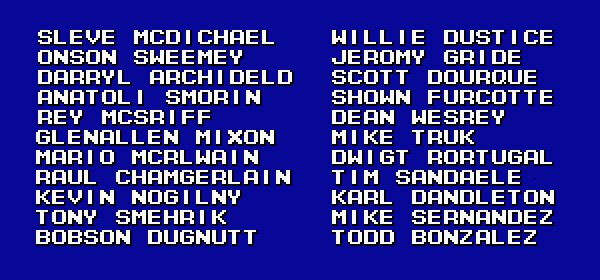


 . Some tips to make your time here the best it possibly can be from one of your Hexbear elders
. Some tips to make your time here the best it possibly can be from one of your Hexbear elders  :
: . For example, "Wow, I really like this poop you made! I will give it one upbear!"
. For example, "Wow, I really like this poop you made! I will give it one upbear!" . However, be warned that new users are allowed only a single emoji per week until they have hit the thousand post threshold (on average this takes about two weeks).
. However, be warned that new users are allowed only a single emoji per week until they have hit the thousand post threshold (on average this takes about two weeks).
 . We used to, but they were being used in a transphobic way so we got rid of them. If you disagree with someone make sure to comment and tell them so in such a way that they will be your enemy until the end of time
. We used to, but they were being used in a transphobic way so we got rid of them. If you disagree with someone make sure to comment and tell them so in such a way that they will be your enemy until the end of time
 . Thoughtful discussions and critiques are welcome, but dunking on other tendencies will be removed*
. Thoughtful discussions and critiques are welcome, but dunking on other tendencies will be removed*

